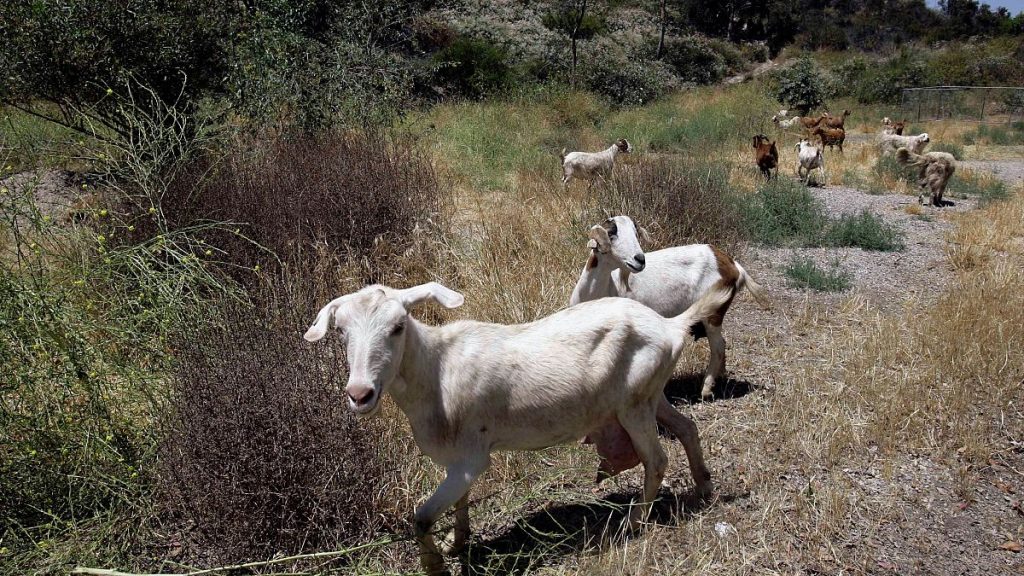A recent outbreak of the highly contagious peste de petits ruminants (PPR), also known as the “goat plague”, in Europe has had a significant impact on Greece’s domestic livestock industry. The disease was first detected in Thessaly, central Greece, and quickly spread to affect several farms in neighbouring Romania, resulting in the culling of nearly 58,000 sheep and goats. This outbreak has prompted Greek authorities to impose nationwide restrictions, including a ban on moving sheep and goats from their farms. The disease poses a threat to the production of Greece’s signature feta cheese, as approximately 40% of the soft cheese is derived from sheep and goat milk produced in Thessaly.
Although PPR is not a zoonosis and does not transmit from animals to humans, it significantly impacts livestock production due to the necessity of culling large numbers of animals to control its spread. The disease is characterised by severe morbidity and mortality rates and has a high economic impact in regions such as Africa, the Middle East, and Asia, where goats and sheep are vital food sources. Symptoms of PPR include depression, fever, nasal and ocular discharges, oral sores, respiratory distress, coughing, diarrhoea, and death. The Paris-based World Organization for Animal Health (WOAH) has highlighted the significant impact of the disease on the global dairy market and the need for urgent containment measures to prevent further outbreaks.
The European Union has adopted urgent procedures for Greece and Romania in response to the PPR outbreak, aiming to restrict the movement of susceptible commodities while ensuring safe trade and maintaining sanitary standards. The EU food safety authority (EFSA) has acknowledged the critical situation in both countries and stands ready to provide scientific support if requested. EFSA has outlined control measures for PPR under the Animal Health Law, emphasising the importance of immediate quarantine of affected herds, restrictions on animal movements, intensive surveillance through clinical and laboratory testing, establishment of surveillance zones, and mass vaccination of susceptible animal populations.
To combat the spread of PPR, strict biosecurity measures on farms such as disinfecting equipment and vehicles, controlling human movement, and ensuring the hygiene of farm workers should be implemented. Infected animals should be humanely culled, and their carcasses disposed of safely to reduce environmental contamination. Mass vaccination of susceptible animal populations is crucial to create herd immunity and prevent further outbreaks. When implemented rigorously, these containment measures can significantly control and eventually eradicate the goat plague, protecting both animal health and livelihoods dependent on small ruminants. The PPR virus was first identified in 1942 in the Ivory Coast and has since spread across large areas of Africa, the Middle East, and Asia, with over 70 countries reporting cases and many more at risk.


